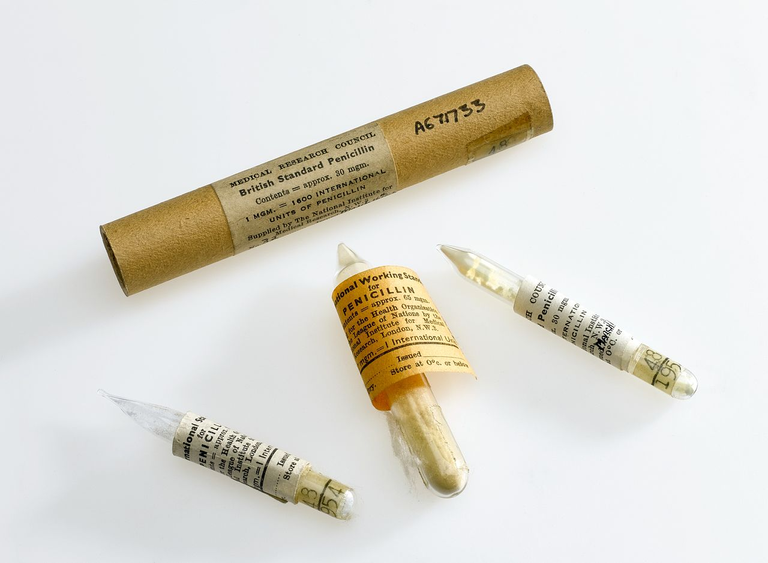If we are asked today, what is that discovery that has made the largest impact on humanity? Our answers will be different, perhaps depending on our profession. A Physicist might say it is the discovery of atoms, a Geographer might say it is the discovery of planets, some may say it is the discovery of electricity, and every answer would be correct in their own regards.
However, in the annals of scientific discoveries, few have had as profound an impact on humanity as the discovery of penicillin. This accidental discovery by Alexander Fleming in 1928 marked the dawn of the antibiotic era and revolutionized medicine, saving countless lives from deadly bacterial infections.
The Accidental Discovery
Fleming, a Scottish bacteriologist working at St. Mary's Hospital in London, returned from a two-week vacation to find a messy lab. Among the clutter, a petri dish containing Staphylococcus bacteria had been left open. To his surprise, he noticed that a mold, later identified as Penicillium notatum, had contaminated the dish. More intriguing was the clear halo surrounding the mold, indicating that the bacteria had been killed.
The "Mold Juice"
Intrigued by this observation, Fleming decided to investigate further. He grew the mold in a pure culture, from which he was able to extract a substance that killed several disease-causing bacteria. He named this antibacterial substance "penicillin," after the Penicillium mold that produced it.
The Struggle for Mass Production
Despite the potential of penicillin, Fleming struggled to purify it and doubted its practicality as a therapeutic agent. It wasn't until a decade later, during World War II, that a team of scientists at Oxford University, led by Howard Florey and Ernst Chain, developed methods to grow, extract, and purify penicillin in large quantities. Their work led to the mass production of penicillin, which was used to treat wounded soldiers on the battlefields.
The Impact of Penicillin
The impact of penicillin on medicine and humanity cannot be overstated. It was the first antibiotic - a substance that kills bacteria without harming human cells. It provided doctors with a powerful tool to treat bacterial infections, which were often a death sentence before its discovery.
Penicillin has been used to treat a variety of infections caused by gram-positive bacteria, including pneumonia, scarlet fever, and syphilis. Its discovery paved the way for the development of other antibiotics, transforming medicine and significantly increasing life expectancy.
Conclusion
The discovery of penicillin is a testament to the power of curiosity, observation, and perseverance. It underscores the importance of basic scientific research and its potential to change the world. As we continue to face medical challenges, such as antibiotic resistance, the story of penicillin serves as a reminder of the potential within every lab, every petri dish, and every scientist. It's a story of hope, a story of progress, and a story of the relentless human pursuit of knowledge.
Resources
- Alexander Fleming - Wikipedia
- Alexander Fleming Discovery and Development of Penicillin - Landmark - American Chemical Society
- Alexander Fleming - Kids | Britannica Kids | Homework Help
- BBC - History - Alexander Fleming
- Alexander Fleming and the discovery of Penicillin
- Into the twentieth century - AQA The first antibiotic - BBC
- Florey and Chain and the development of Penicillin
- Alexander Fleming and the discovery of penicillin - BBC
- The Discovery of Penicillin—New Insights After More Than 75 Years of ...
- How the discovery of penicillin has influenced modern medicine
- Exploring the Impact of Penicillin on Medicine and Society



